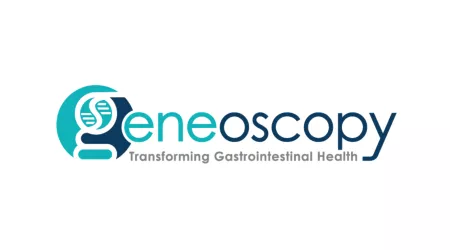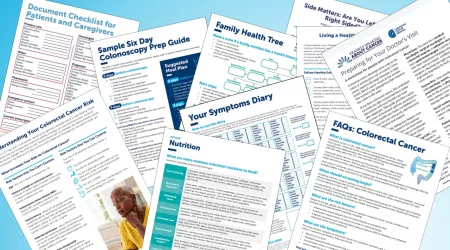Healthcare guidelines: What are they and why do they matter?
Early in 2018, the American Cancer Society (ACS) lowered its recommended colorectal cancer screening start age from 50 to 45. The news made the popular headlines and may have prompted the question: What is the ACS and why do these recommendations matter? These are important questions to ask. As healthcare consumers, you’re encouraged to know your options and empower yourselves with updated and balanced information.
Healthcare guidelines such as those offered by ACS are based on clinical evidence. The process of developing and updating them involves a rigorous review of published medical studies, and their objective is to guide healthcare providers and patients in making healthcare decisions. The ACS was first established in 1913 to raise public awareness about cancer and make progress against the disease. The organization offers cancer screening recommendations by age to ensure we catch cancer in its earliest stages.
Another guidelines organization is the United States Preventive Services Task Force (USPSTF). Created in 1984, the Task Force is comprised of an independent, volunteer panel of 16 national experts in prevention medicine. After reviewing all the relevant scientific and medical evidence, the Task Force assigns each preventive service recommendation a grade based on its balance of benefits and harms. The USPSTF last updated its colorectal cancer screening guidelines in 2016 and rated a number of available colorectal cancer screening options as equivalent. This decision drives home the point that for colorectal cancer screening, the USPSTF finds the “best test is the one that gets done.”
The National Comprehensive Cancer Network (NCCN), founded in 1995, is a non-profit alliance of 27 different cancer centers in the United States; most are designated by the National Cancer Institute (NCI) as comprehensive cancer centers. In addition to offering cancer screening recommendations, the NCCN develops guidelines for the treatment of cancers.
The NCI, which falls under the umbrella of the National Institutes of Health, does not issue its own recommendations for cancer screening, instead following guidelines issued by the USPSTF. NCI does, however, manage a comprehensive website detailing the epidemiology of the disease as well as the different treatment options by stage in two formats—one for everyday people and one for healthcare professionals. Similarly, the Centers for Disease Control and Prevention (CDC) cites the USPSTF recommendations for colorectal cancer screening.
If you’re interested in learning more about these healthcare organizations and the guidelines they offer, you can find more information online, or you can always ask your healthcare provider. Be sure to empower yourself by knowing your options when it comes to all aspects of your health, not just colorectal cancer screening.
Top resources

FDA approves ColoSense, mt-sRNA screening test from Geneoscopy
ColoSense is a screening test for adults, 45 years of age or older, who are at average risk for developing colorectal cancer (CRC).

Legislation introduced to address young-onset CRC
Explore the urgent need for the Colorectal Cancer Early Detection Act (HR 7714), legislation aimed at combating the rising incidence of colorectal cancer among younger adults through enhanced screening, education, and research.

Colorectal cancer resources for learning and sharing
Whether personally impacted by colorectal cancer (CRC), supporting a loved one, or dedicated to educating and empowering others, these downloadable and printable resources can help.





